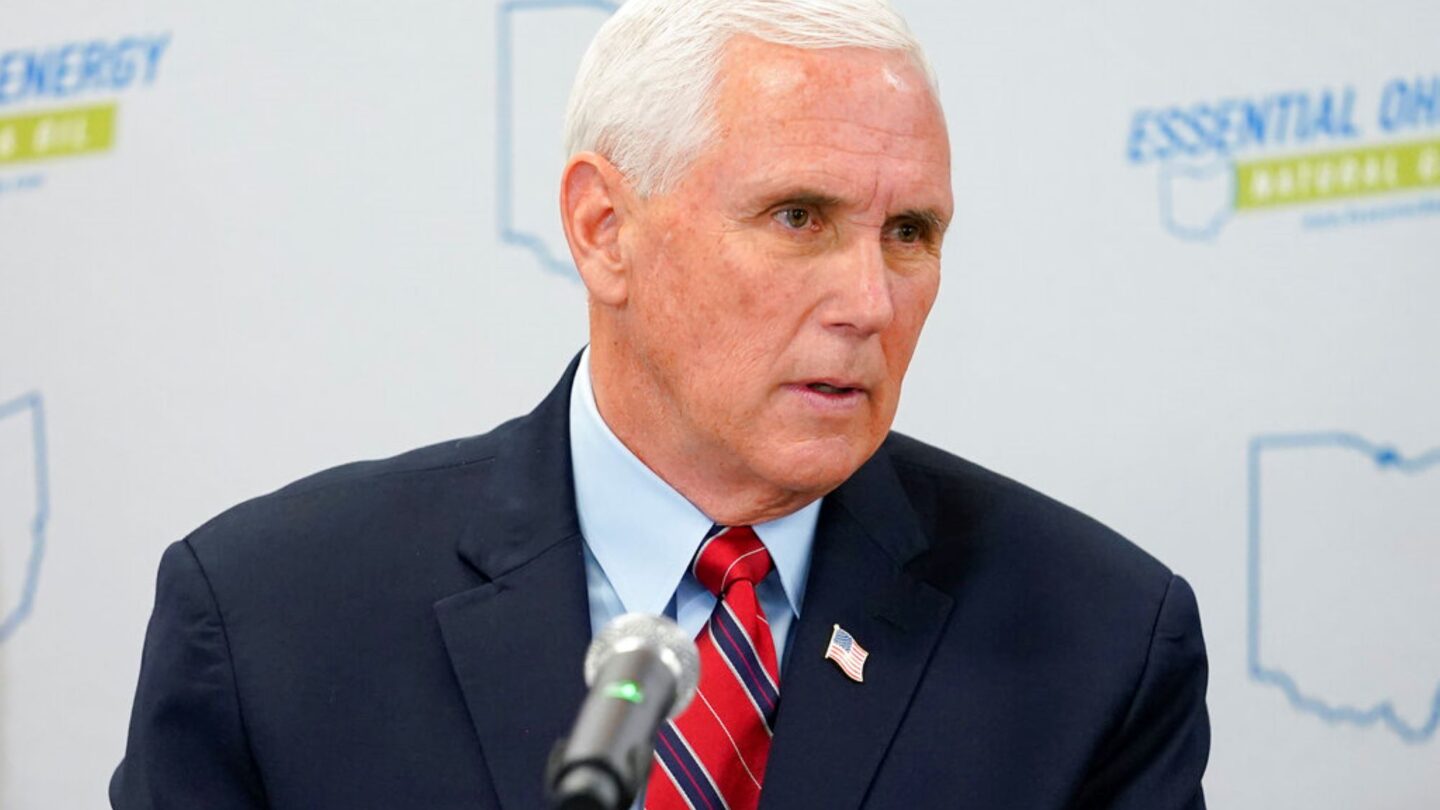After months of negotiations, a bipartisan group of senators on Wednesday announced two proposals related to election administration, including one to reform the Electoral Count Act, a widely criticized 1887 law that governs the process of casting and counting Electoral College votes and that came under fresh scrutiny following attempts to invalidate the presidential election results on Jan. 6, 2021.
The plans were announced a day ahead of the House select committee’s final scheduled prime time hearing on its investigation into the Capitol insurrection.
“From the beginning, our bipartisan group has shared a vision of drafting legislation to fix the flaws of the archaic and ambiguous Electoral Count Act of 1887,” the U.S. senators said in a joint statement.
Sens. Joe Manchin, D-W.Va., and Susan Collins, R-Maine, led the effort to reform the law, which would need 60 votes to break a filibuster and pass the Senate. The proposal unveiled Wednesday to reform the Electoral Count Act has 16 co-sponsors, including nine Republicans.
The law itself was created after a chaotic election in 1876 that saw Democrat Samuel Tilden win the popular vote but lose the presidency because of contested election results, as three Southern states sent in competing returns.
A decade later, Congress enacted the Electoral Count Act to avoid a repeated fiasco by establishing a clearer process for Electoral College certification.
But as NPR’s Miles Parks has reported, some legal experts argue the crafters of the law did a “terrible job.”
Members of both major parties opened the door to updating the ECA nearly a year after the 2021 attack on the U.S. Capitol, which came following then-President Donald Trump’s pressure campaign against his own vice president to abandon his ceremonial role in tallying the results and help overturn the election.
Advocates for reforming the ECA argue that the law isn’t clear enough about the roles the vice president and Congress play in certifying election results, and that that weakness was exploited by Trump and his allies to try to keep him in power.
How would the law change?
As the legislation exists now, only one member of the House and one member of the Senate are needed to challenge any state’s set of electors. (These are the lawmakers who objected to the Electoral College count in 2021.)
The updated language would raise that threshold, shifting the requirement to 20% of the members of each chamber.
The proposal would also enact a few measures “aimed at ensuring that Congress can identify a single, conclusive slate of electors from each state,” according to a fact sheet, and also reaffirm that the “constitutional role of the Vice President, as the presiding officer of the joint meeting of Congress, is solely ministerial.”
Some of the reforms came in part from proposals issued after the Democratic-led House Administration Committee shared report in January, completed after months of review from legal experts.
In the shadow of Jan. 6 hearings
The Electoral Count Act has come up many times during the House select committee’s hearings investigating the attack on the Capitol on Jan. 6.
During one of the panel’s hearings, Greg Jacob, who served as chief counsel to Vice President Mike Pence, said that had Pence obeyed Trump’s demands to block or delay the counting of electoral votes on Jan. 6, he would have broken various provisions of the Electoral Count Act.
Copyright 2022 NPR. To see more, visit https://www.npr.org.
9(MDAxODM0MDY4MDEyMTY4NDA3MzI3YjkzMw004))

9(MDAxODM0MDY4MDEyMTY4NDA3MzI3YjkzMw004))








